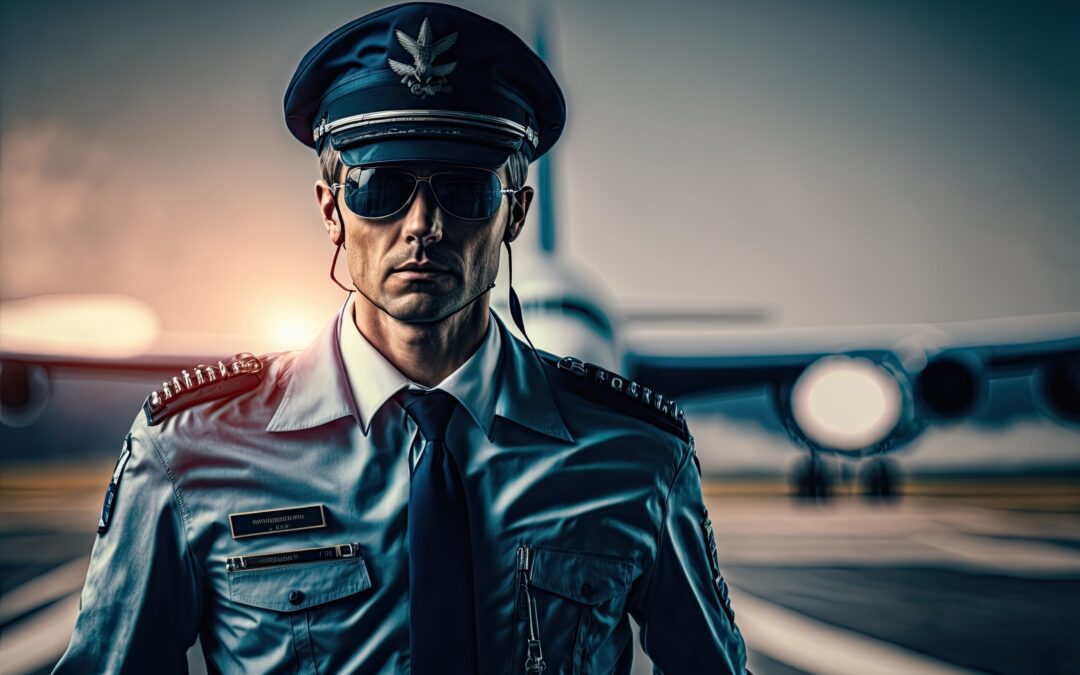Airline pilots, like anyone else, can experience issues with substance addiction. Their job, however, carries with it unique responsibilities and pressures, so it is vital that they receive appropriate support to overcome such challenges. Here are some types of addiction treatment programs specifically tailored for airline pilots:
- HIMS (Human Intervention Motivation Study) Program: This is an industry-leading program in the United States designed specifically for commercial pilots dealing with addiction. It’s an occupational substance abuse treatment program that involves peers, airline management, and FAA medical certification professionals. The program helps pilots get the necessary treatment and, when appropriate, return to the cockpit under careful medical supervision.
- FAA’s Special Issuance Medical Certification (“SI”): It’s not a treatment program itself, but a system that allows pilots, who would be otherwise unable to perform their duties due to a medical condition, to be considered for certification. If pilots have undergone appropriate treatment and recovery, they can be issued an SI and continue their flying careers.
- Employee Assistance Programs (EAPs): Many airlines have EAPs that provide support for a range of issues, including substance misuse. These programs offer confidential assessments, short-term counseling, and referral services to pilots and their family members who are dealing with addiction.
- Residential Treatment Programs: For severe cases of addiction, pilots might need to go into a residential treatment program where they can be monitored 24/7 by medical professionals. These programs often involve detoxification, therapy, education, and other activities to help individuals recover. Many also offer specialized tracks for professionals, including pilots, to address their unique needs.
- Outpatient Programs and Counseling: These are ideal for pilots who have completed an inpatient program or those with less severe addiction. Outpatient programs allow pilots to continue working or attend to other personal responsibilities while still receiving treatment.
- 12-Step Programs and Support Groups: Like Alcoholics Anonymous (AA) and Narcotics Anonymous (NA), these programs can provide ongoing support to pilots in recovery. They can be used in conjunction with other types of treatment.
- Mindfulness and Stress Management Programs: These help pilots deal with the unique stresses of their jobs, which can contribute to substance misuse. They might include training in meditation, yoga, or other relaxation techniques.
- Individual and Group Therapy: These therapies address the underlying psychological issues that can contribute to addiction, such as depression, anxiety, or PTSD. Cognitive Behavioral Therapy (CBT) is a common approach used in addiction treatment.
These types of programs are designed to help them get the treatment they need while maintaining confidentiality and helping them preserve their careers when possible. The ultimate goal is always safety – for the pilots and the passengers they serve.
Importance of privacy in addiction treatment for pilots
Privacy is extremely important in addiction treatment for pilots, as well as for any professional struggling with substance use disorders. Here’s why:
- Stigma: Despite societal advances, there’s still significant stigma associated with substance misuse. Pilots, who are often viewed as figures of authority and control, can be especially susceptible to this. They may fear being judged by their peers, superiors, or the public if their struggle with addiction becomes known.
- Job Security: Pilots may worry that admitting to a substance use problem could jeopardize their job. The confidentiality provided in treatment programs allows pilots to seek help without immediately risking their career. Once they are in recovery, programs like the FAA’s HIMS can help them safely return to the cockpit.
- Licensing Concerns: Pilots need to maintain their medical certificate in order to fly. A substance use disorder could potentially affect their certification. Confidential treatment programs allow pilots to seek help and work towards recovery in a way that can actually preserve their ability to fly, rather than immediately threatening it.
- Encouragement to Seek Help: Knowing that they can seek help confidentially encourages pilots to reach out when they need assistance. If privacy wasn’t ensured, they might avoid seeking help due to fear of exposure, which could exacerbate their problem and potentially pose a safety risk.
- Treatment Effectiveness: Treatment often involves discussing deeply personal issues, which may be difficult to do without assurance of privacy. Confidentiality enables pilots to fully engage in their treatment, enhancing its effectiveness.
- Legal Protection: In many jurisdictions, medical confidentiality is protected by law. Treatment providers are generally prohibited from sharing information about a pilot’s treatment without their explicit consent, except in cases where there may be a direct threat to public safety.
It’s crucial for pilots and other aviation professionals to understand that help is available and that they can seek treatment in a confidential, non-judgmental environment. Recovery is absolutely possible, and many pilots have returned to successful careers after seeking help for a substance use disorder.

